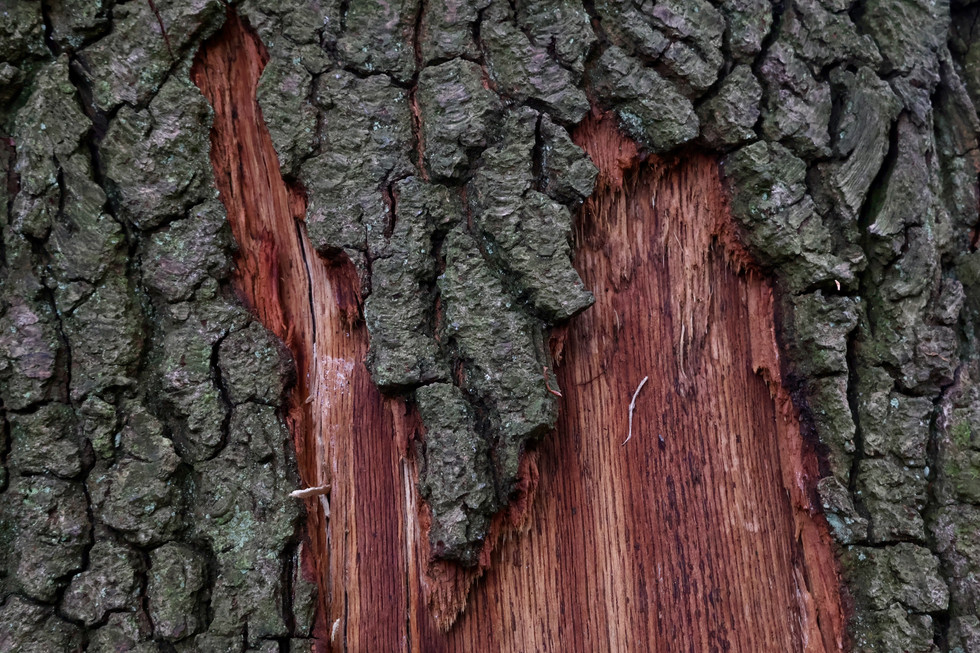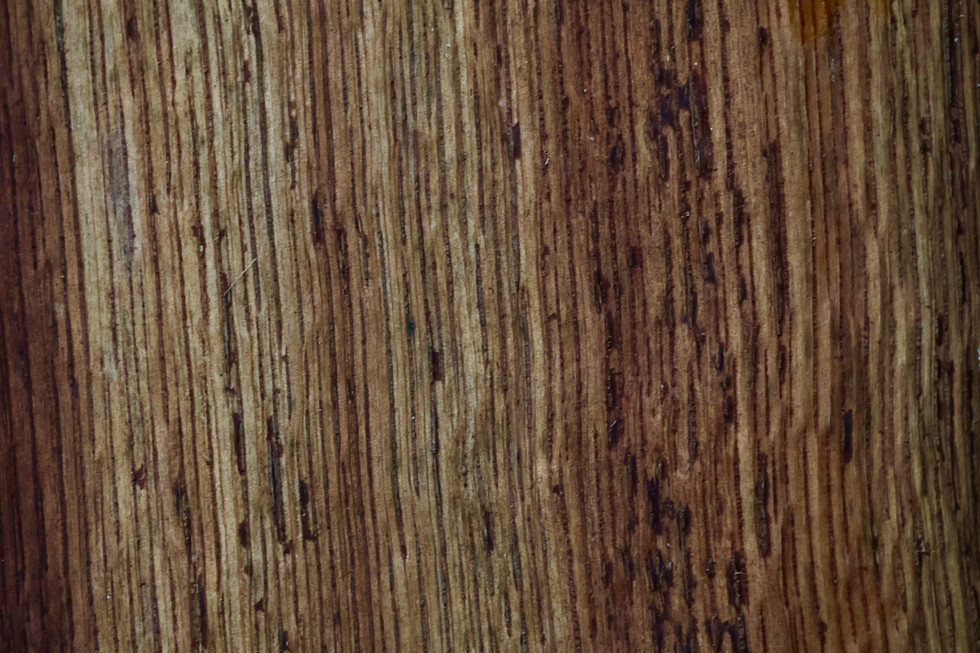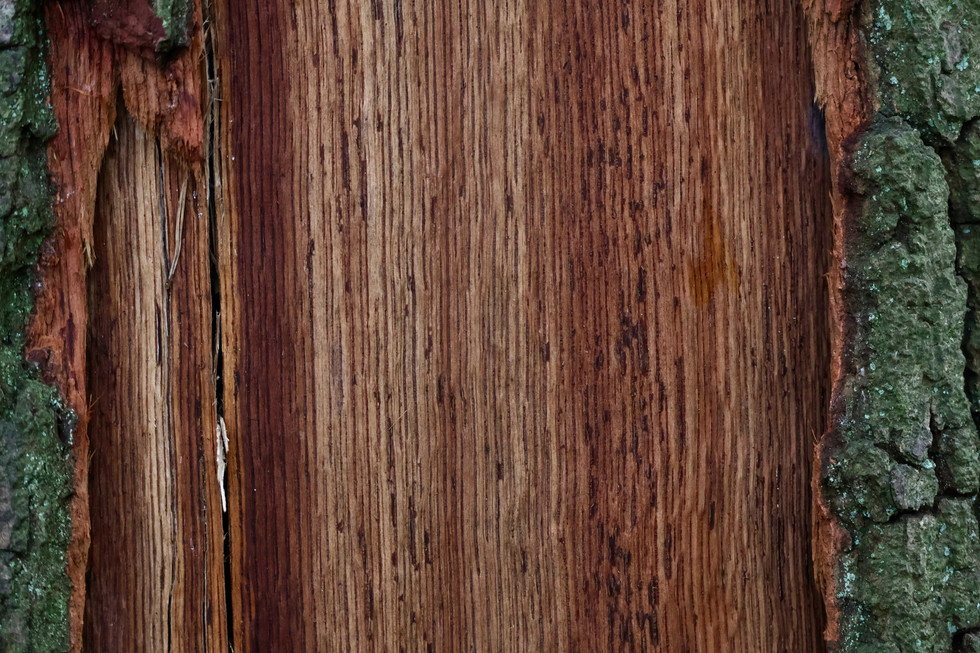All that thinking about the Croning got me considering Kairos, so I went for a visit. I'd been here a few days earlier for volunteering, but this time I'd just sit with the tree.
Actually, I lay down on my side, with my head against the trunk, and curled up like a foetus.
No: that day wasn't "pretty", nor did I see any charismatic megafauna. It was quiet and slowing down for winter.
As I lay there, I felt one of the repeated messages from Kairos. That you belong to a place not through who you are or what you believe, your heredity or land ownership, but through your attitudes and how you behave. By becoming-in-community with the other inhabitants, by a vulnerability and dependence as well as a refusal to be a free-loader. Over time, with this suite of behaviours, the community begins to find itself as such and to flourish. No one is imposing from the outside, ie "managing" it. The community becomes healthy by those who are the community doing what they need to do and nothing more.
Ah! Yes! This reminds me of the Andean concept of ayllu. This passage from Marisol de la Cadena's Earth-Beings offers an explanation:
...humans and other-than-human beings do not only exist individually, for they are inherently connected composing the ayllu of which they are part and that is part of them- just as a single thread in a weaving is integral to the weaving, and the weaving is integral to the thread. In a sense, [this] notion of ayllu resonates with Roy Wagner's idea of a fractal person: “never a unit standing in relation to an aggregate, or an aggregate standing in relation to a unit, but always an entity with relationships integrally employed.” Similarly, composing the ayllu are entities with relations integrally implied: being at once singular and plural, they always bring about the ayllu even when appearing individually.
Yes. That's it. You have to truly live that relationship with other beings and with place.
French philosopher Dominique Lestel puts it thus:
...a healthy ecosystem ensures not only the elementary survival of its inhabitants but also fulfills their semiotic, psychological and existential needs. Living in an ecosystem is not simply a matter of exchanging energies so as to arrive at an equilibrium, but also of establishing a space of meaning together with all those beings with which we share our lives in order to give meaning to life, to find fulfillment and to achieve satisfying psychic balances. In other words, ecology should not be concerned only with survival but also with a fulfilled life, which is necessarily a life shared with other agents.
I like Lestel - he condemns Western culture for regarding those who communicate with non-humans as crackpots. He goes on to advocate a first- or second-person ecology rather than a third-person ecology that speaks from the outside:
Such a stance would lead us to make a fairly radical change in our conception of ecology, to give up the idea that ecology is only the science of regulating ecosystems and to fully accept that it is also an art of shared living and the (more or less fraught) coexistence of viewpoints and personal perspectives, and that the later can differ deeply from one to the other.
Al of the agents involved in the dynamic of an ecosystem have a point of view with which the others must deal - whatever their ontology. It is not necessary to know what matters to an agent from the agent's point of view, but it is important to realize that the agent has a point of view, and that will not be able to impose my own unilaterally. On the contrary, I myself will have to make compromises, alliances and pacts with what can rapidly be characterized as other-than-human viewpoints in order to establish my own existence, even if I am also perfectly aware that ti is no doubt an illusion to seek in these non-human partners what a psychology as primitive as our own will want to find.
Kairos would agree.
When I left I saw an oak with two huge scars. I think it might have been struck by lightning. The photos show where the bark had peeled off on one section. It was about 10 inches across. The two scars rose about fifteen feet up the tree, almost opposite each other.










Wow! Just read it a second time. Great quotes that expand on your point - "You have to truly live that relationship with other beings and with place." Lots to think about and seek to experience. Good post. Thanks.
p.s Dramatic photos of the scarred oak!!